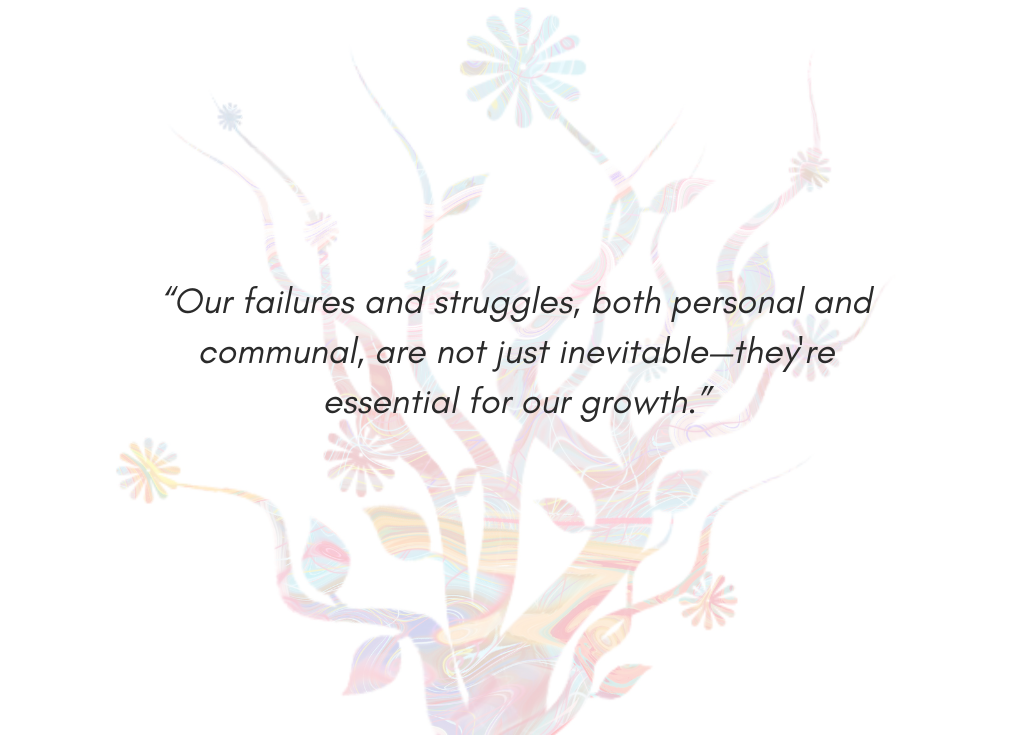Scouts and Setbacks

Friday, June 28, 2024 | Sivan 20, 5784
In the opening words of this week’s Torah portion, we encounter the parshah’s namesake reference and pivotal story of the 12 scouts “sent” (Shelach) to explore Canaan, Gd’s “promised land” (Numbers 13:2). This event serves as a profound test, not only for the scouts themselves but also for the entire Israelite nation waiting at the border.
The rabbis interpret this episode as a multi-layered examination of faith, perception, and communal response. When the scouts returned, ten of them spread fear among the people, declaring, “We cannot attack those people, for they are stronger than us” (Numbers 13:31). Only Joshua and Caleb maintain faith, insisting, “The land… is exceedingly good” (Numbers 14:7).
This moment of crisis reveals a deeper truth about human nature and spiritual growth. The transcendent Gd of the Torah, omniscient and all-knowing, surely anticipated what the scouts would see. However, the Israelites’ extreme doubt and fear can be interpreted as a lesson not yet learned and therefore not as an unexpected failure, but as a necessary part of their development. As Rabbi Jonathan Sacks z”l explained, “Faith is not certainty; it is the courage to live with uncertainty.”
This theme of failure as a catalyst for growth is central to this narrative. The Israelites’ lack of faith led to their extended wandering in the desert, yet this period became crucial for forging their national identity and spiritual resilience. This aligns with modern psychological concepts, such as Carol Dweck’s “growth mindset,” which theorizes that challenges and setbacks are opportunities for learning and improvement.
…
The Torah portion also illustrates the fine line between constructive failure and debilitating fear. The ten scouts’ negative report paralyzed the nation with fear, leading them to cry, “Let us head back to Egypt” (Numbers 14:4). This regressive response contrasts sharply with Caleb and Joshua’s forward-looking faith.
In our own lives, we face similar choices in how we respond to failure. Do we allow fear to paralyze us, like the majority of Israelites who longed to return to Egypt? Or do we, like Caleb and Joshua, use setbacks as motivation to move forward with greater determination?
It is not hard to see the immediate parallel between the lessons of this week’s Torah portion and the resilience of the generations of Jews who laid the groundwork to build the modern state of Israel as well as those fighting for its survival today. Failing in the process of inventing drip irrigation to help the desert bloom, the Iron Dome to protect the people from the daily barrage of aerial terror attacks, or the technological advancements from the USB flash drive to Waze, are easy examples of Israel and Israelis having failed so many times along their journey to success. In fact, according to all logical, rational, and scientific statistics, Israel and even Judaism should not exist today… and yet they do!
The Talmud teaches, “A person does not fully understand the words of Torah until he has stumbled over them” (Gittin 43a). This wisdom applies beyond Torah study to life itself. Our failures and struggles, both personal and communal, are not just inevitable—they’re essential for our growth.
As we reflect on Parashat Shelach, let us embrace a call to action: to view our daily challenges, and even our community’s shortcomings, as opportunities for growth. When we encounter obstacles in our relationships, careers, or spiritual lives, let us remember the lesson of the scouts. We have the power to choose how we respond to failure.
Will we allow fear to hold us back, or will we use our setbacks as steppingstones to greater achievement and deeper understanding? Let us strive to be like Caleb and Joshua, who saw beyond immediate difficulties to the promise of what could be. In doing so, we can transform our failures into powerful lessons, strengthening our relationships, our communities, and ourselves. Because we are…
Shabbat Shalom.

